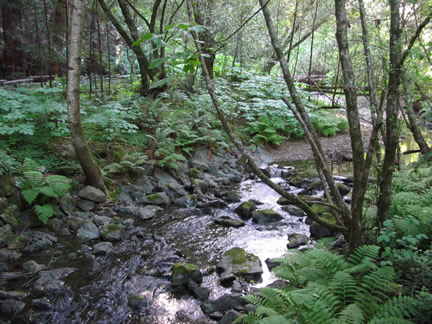Can someone explain this?
RealClimate has posted 5 discussions in the last two weeks on British journalistic handling of climate change, e.g.,
Daily Mangle It begins:
Yesterday, the Daily Mail of the UK published a predictably inaccurate article entitled “Climategate U-turn as scientist at centre of row admits: There has been no global warming since 1995?.
The Guardian Disappoints It begins
Over the last few weeks or so the UK Guardian (who occasionally reprint our posts) has published a 12-part series about the stolen CRU emails by Fred Pearce that are well below the normal Guardian standards of reporting. We delineate some of the errors and misrepresentations below. While this has to be seen on a backdrop of an almost complete collapse in reporting standards across the UK media on the issue of climate change, it can’t be excused on the basis that the Mail or the Times is just as bad.
Whatevergate It begins:
It won’t have escaped many of our readers’ notice that there has been what can only be described as a media frenzy (mostly in the UK) with regards to climate change in recent weeks. The coverage has contained more bad reporting, misrepresentation and confusion on the subject than we have seen in such a short time anywhere. While the UK newspaper scene is uniquely competitive (especially compared to the US with over half a dozen national dailies selling in the same market), and historically there have been equally frenzied bouts of mis-reporting in the past on topics as diverse as pit bulls, vaccines and child abductions, there is something new in this mess that is worth discussing.
Contrast that with the treatment of Simon Singh, a science writer with a PhD in physics, author of Fermat’s Last Theorem and Big Bang: The Origin of the Universe.
Simon Singh is in the midst of a libel suit he is expected to lose. His crime is a science book, Trick or Treatment? Alternative Medicine on Trial.
From a NY Times blog (with links):
He wrote, “The British Chiropractic Association claims that their members can help treat children with colic, sleeping and feeding problems, frequent ear infections, asthma and prolonged crying, even though there is not a jot of evidence. This organisation is the respectable face of the chiropractic profession and yet it happily promotes bogus treatments.”
The BCA asked for a retraction and an apology. Singh refused. The Guardian offered the BCA the opportunity to print a clarification and write a response, so they could lay out evidence supporting their claims. The BCA refused. The libel case is the result. (Note that the case is peculiar in that it has been brought against Singh personally, not against the newspaper that published the article, as is more usual.)
Singh is being sued for writing a book on the inadequate justification for some medical treatments. If the climatologists, and groups like IPCC, being maligned by the British media had jillions of dollars and unlimited time, could they also sue? If libel laws are so draconian in the UK (and in many parts of the US, laws are being passed to protect Americans from British law), why do journalists there engage in smear campaigns?




